 NIOST is involved in a statewide initiative to develop a professional apprenticeship program for out-of-school time educators in Massachusetts.
NIOST is involved in a statewide initiative to develop a professional apprenticeship program for out-of-school time educators in Massachusetts.
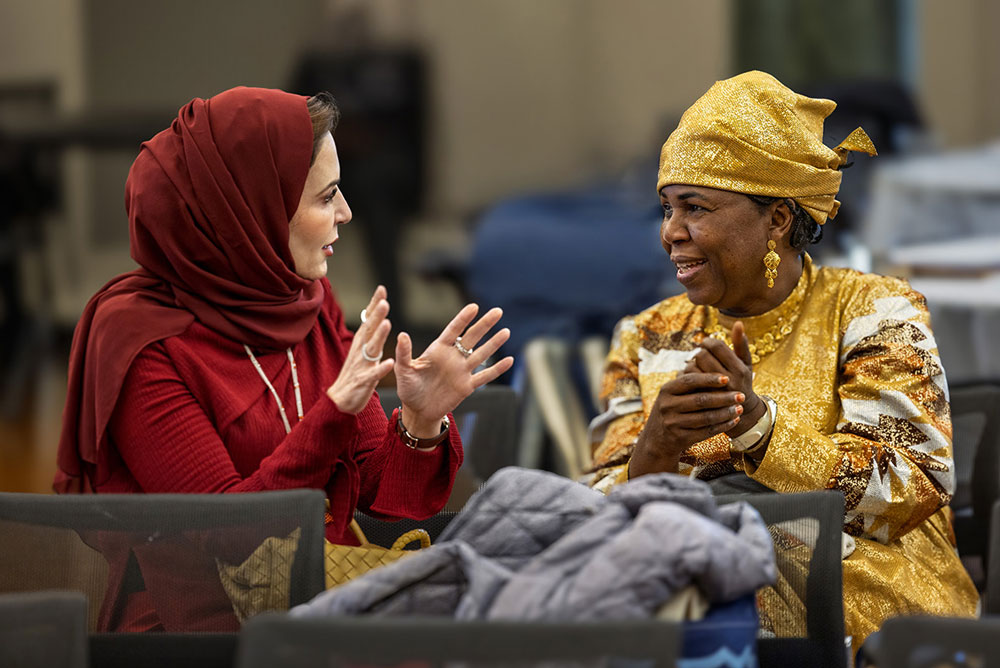 In October, Hauwa Ibrahim, J.D., S.J.D., M.L., convened the colloquium “Mothers Without Borders: The Phenomenology of Mothers' Soft Power in Peace Building.”
In October, Hauwa Ibrahim, J.D., S.J.D., M.L., convened the colloquium “Mothers Without Borders: The Phenomenology of Mothers' Soft Power in Peace Building.”
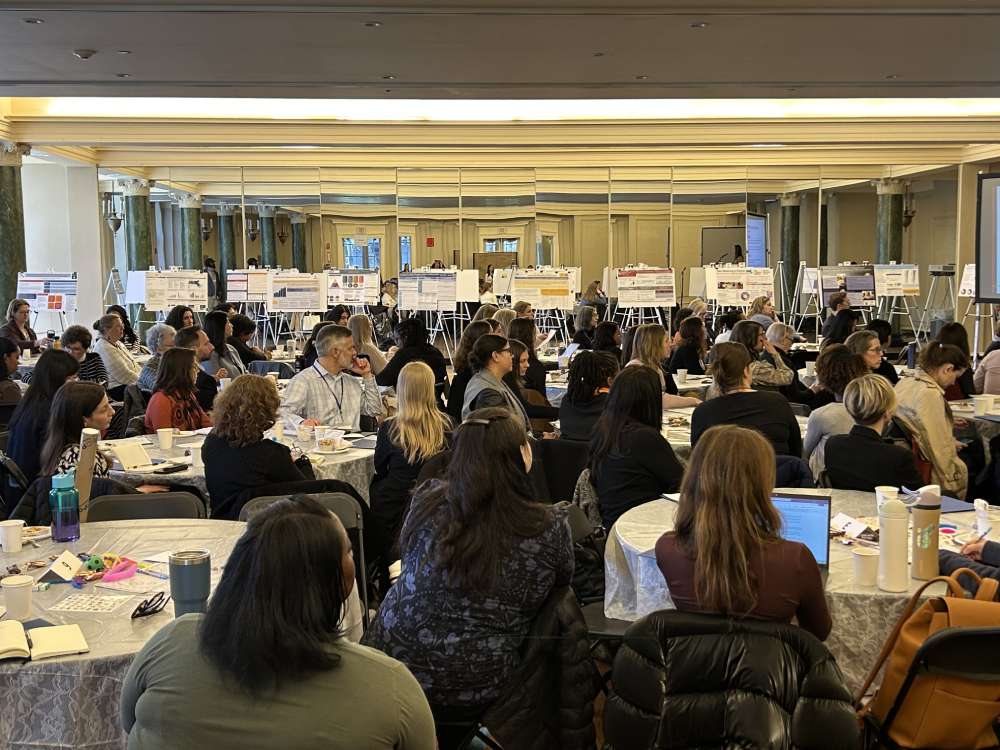 Wendy Wagner Robeson, Ed.D., and her colleagues at Northeastern and Boston University are developing a statewide early childhood policy collaborative.
Wendy Wagner Robeson, Ed.D., and her colleagues at Northeastern and Boston University are developing a statewide early childhood policy collaborative.
 Wendy Wagner Robeson, Ed.D., will study those who have recently become home-based child care providers and those who have left the field.
Wendy Wagner Robeson, Ed.D., will study those who have recently become home-based child care providers and those who have left the field.

When you think of an apprenticeship, you might think of someone who is training to become a plumber or a carpenter. But apprenticeships can be a valuable option in another field: out-of-school time (OST).
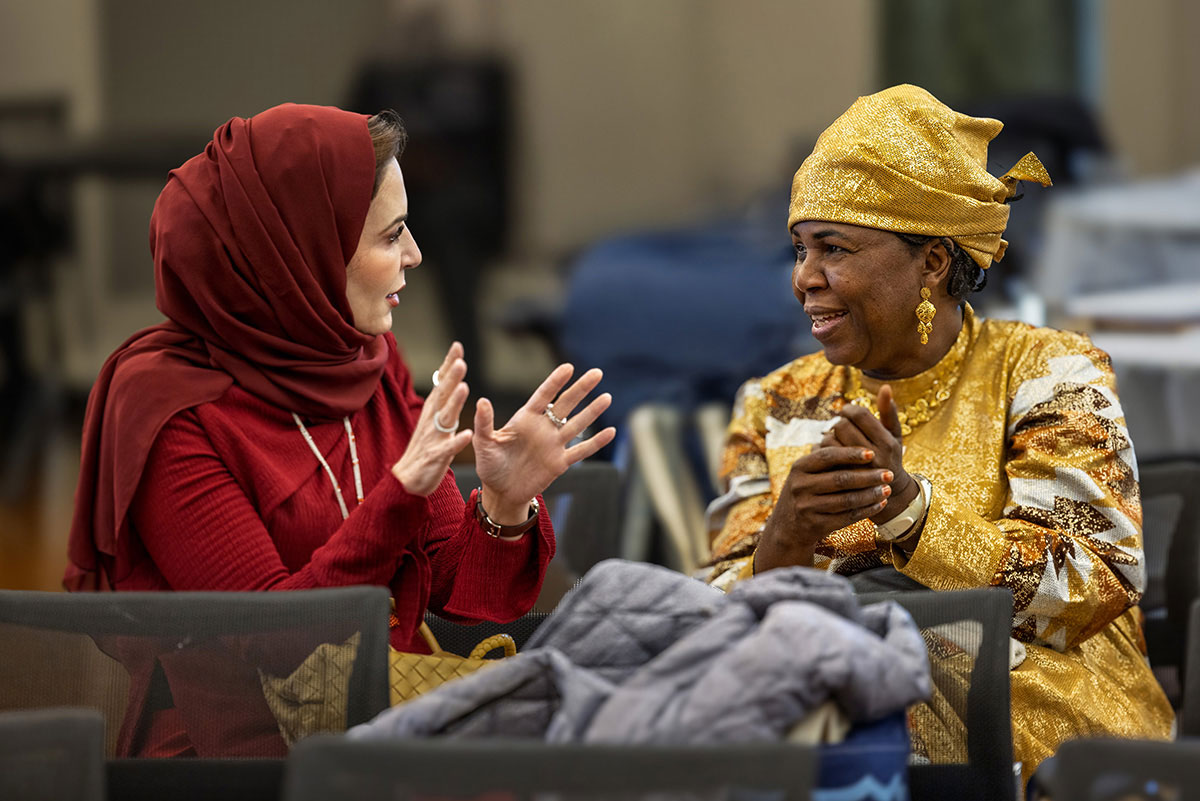
On October 3-5, 2025, 120 leading scholars and practitioners came together for the colloquium "Mothers Without Borders: The Phenomenology of Mothers' Soft Power in Peace Building," convened by Senior International Scholar-in-Residence Hauwa Ibrahim, J.D., S.J.D., M.L.
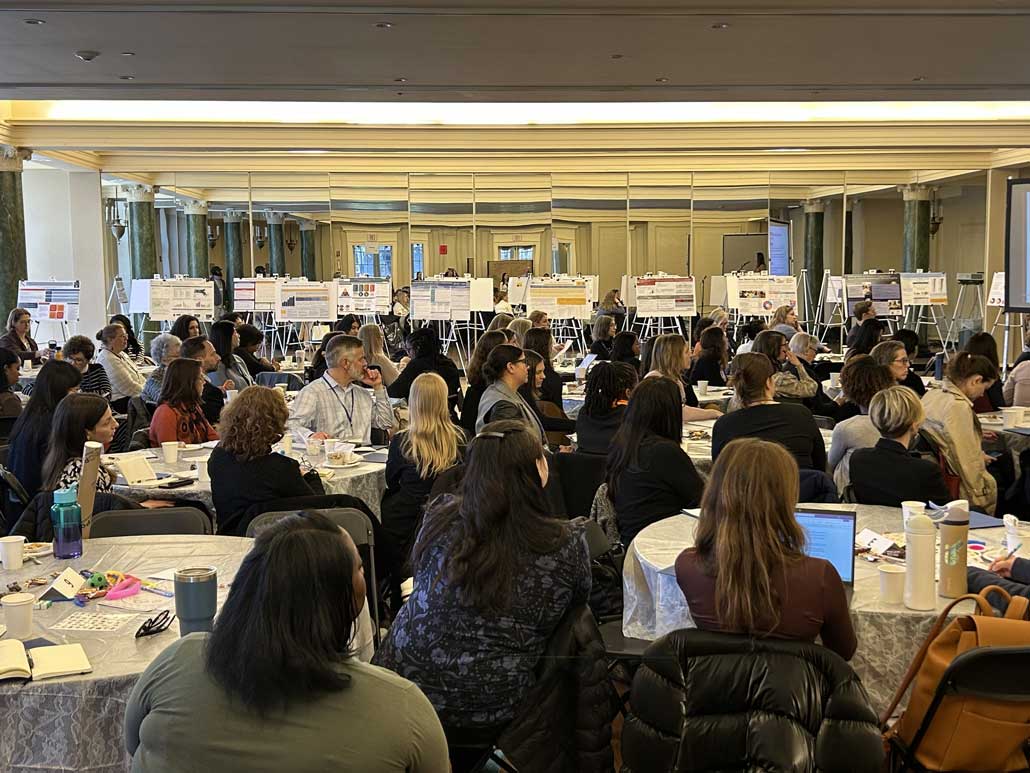 On April 2, 2025, WCW hosted the first Massachusetts Early Childhood Policy Research Summit, a gathering of those who produce and support research and design projects related to the early childhood field in Massachusetts.
On April 2, 2025, WCW hosted the first Massachusetts Early Childhood Policy Research Summit, a gathering of those who produce and support research and design projects related to the early childhood field in Massachusetts.
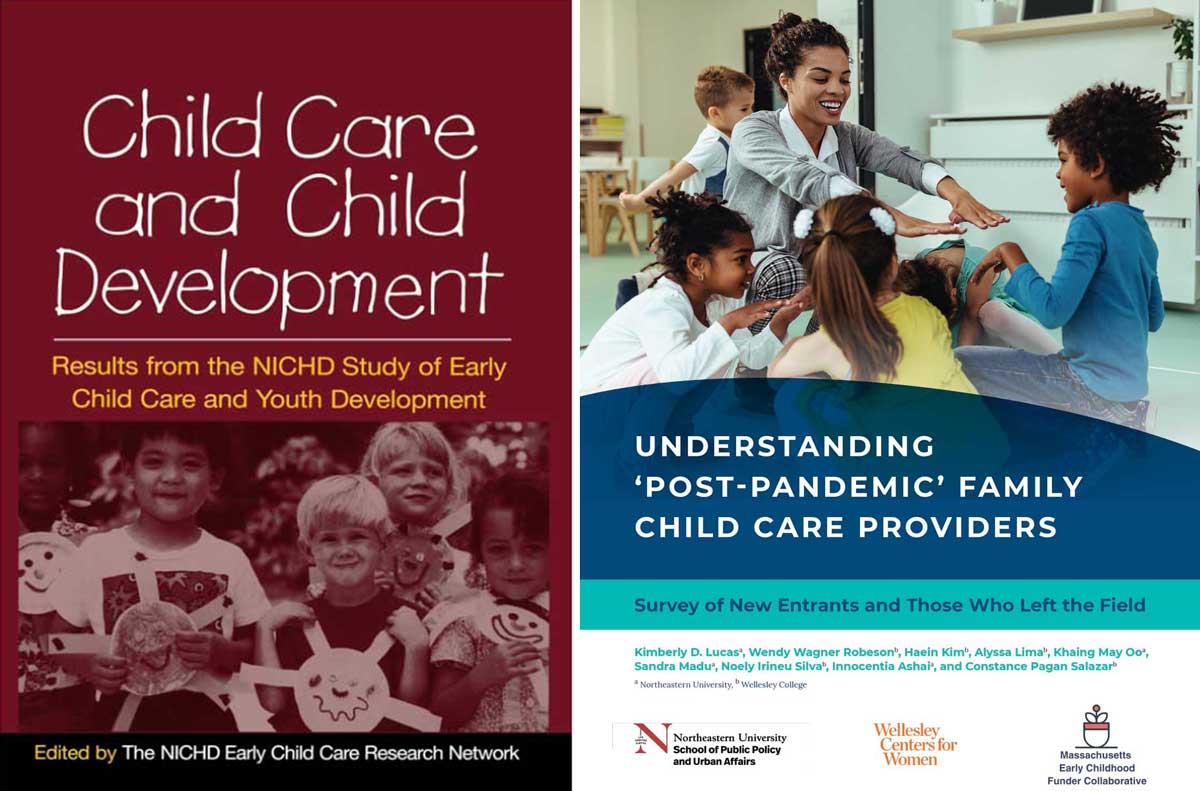 Beginning in 1991, we participated in a massive national study of whether child care harms children (it does not). Today, Wendy Wagner Robeson, Ed.D., is studying how to get home-based child care providers into the field and keep them there.
Beginning in 1991, we participated in a massive national study of whether child care harms children (it does not). Today, Wendy Wagner Robeson, Ed.D., is studying how to get home-based child care providers into the field and keep them there.
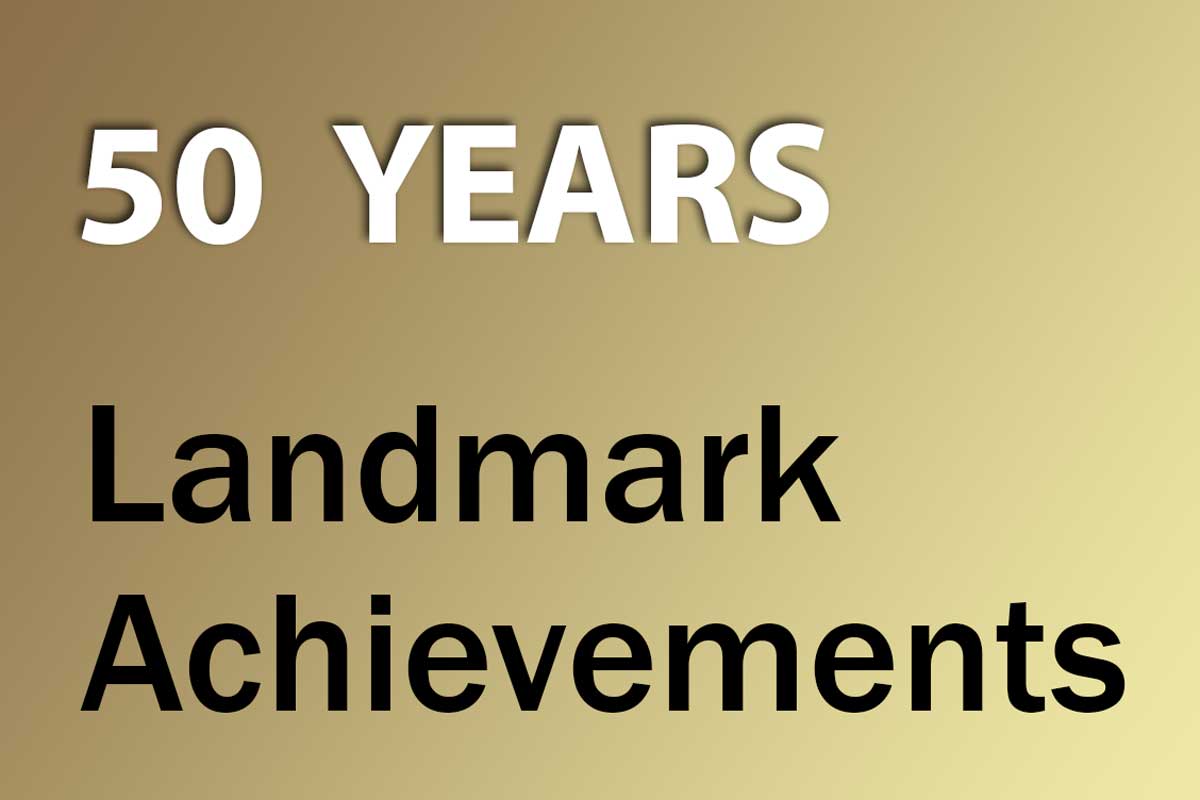 From a study of how schools shortchange girls to our work on white privilege, these are some highlights from the past 50 years.
From a study of how schools shortchange girls to our work on white privilege, these are some highlights from the past 50 years.
 A recent study investigated the complex connections between poverty, work schedules, parents’ selection of different types of child care, and work disruptions.
A recent study investigated the complex connections between poverty, work schedules, parents’ selection of different types of child care, and work disruptions.
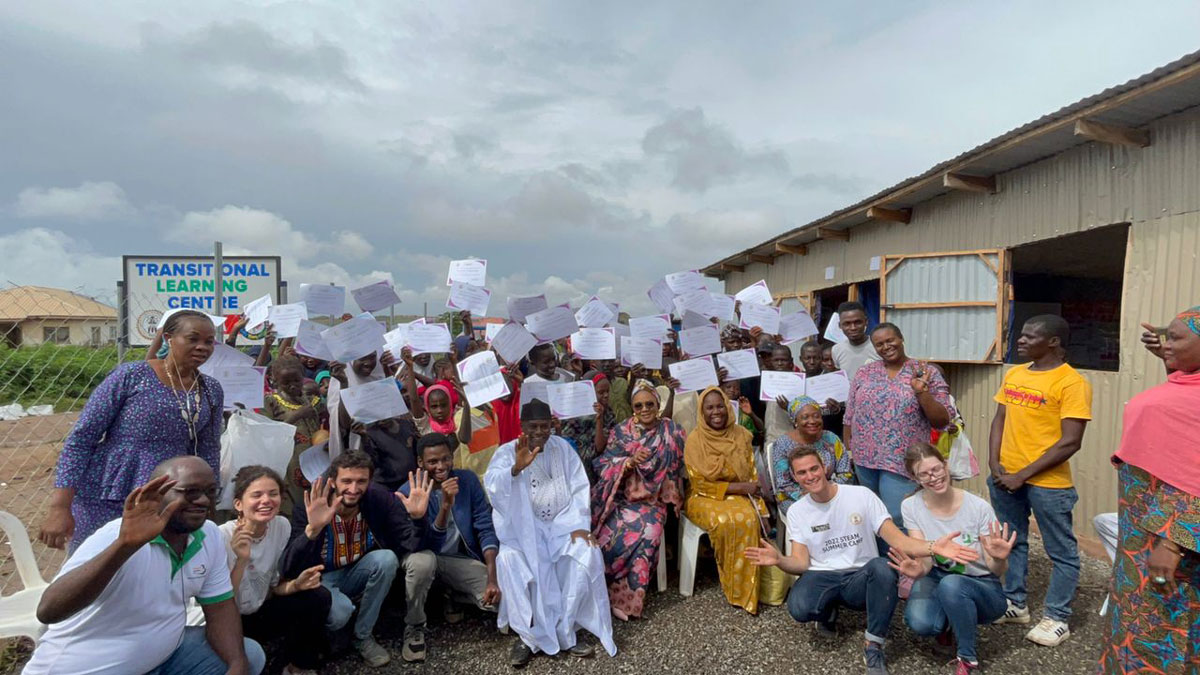 In a commentary, Visiting Scholar Hauwa Ibrahim, J.D., S.J.D., M.L., shares insights from the newest iteration of STEAM summer camps in Nigeria hosted by WCW.
In a commentary, Visiting Scholar Hauwa Ibrahim, J.D., S.J.D., M.L., shares insights from the newest iteration of STEAM summer camps in Nigeria hosted by WCW.
 Wendy Wagner Robeson, Ph.D., shares findings from a study on child care access in Massachusetts during the pandemic.
Wendy Wagner Robeson, Ph.D., shares findings from a study on child care access in Massachusetts during the pandemic.
 Wendy Robeson, Ed.D., highlights the challenges working families face during the pandemic, and how a national child care policy could help.
Wendy Robeson, Ed.D., highlights the challenges working families face during the pandemic, and how a national child care policy could help.
 November 11, 2020
November 11, 2020
Our Work, Families & Children Research Group will examine how nonstandard and/or unpredictable work schedules make it difficult for low-income parents to access quality child care.
 Wendy Wagner Robeson, Ed.D., helps to chart a path forward for Massachusetts early childhood care and education programs, which have been hit hard by COVID-19.
Wendy Wagner Robeson, Ed.D., helps to chart a path forward for Massachusetts early childhood care and education programs, which have been hit hard by COVID-19.
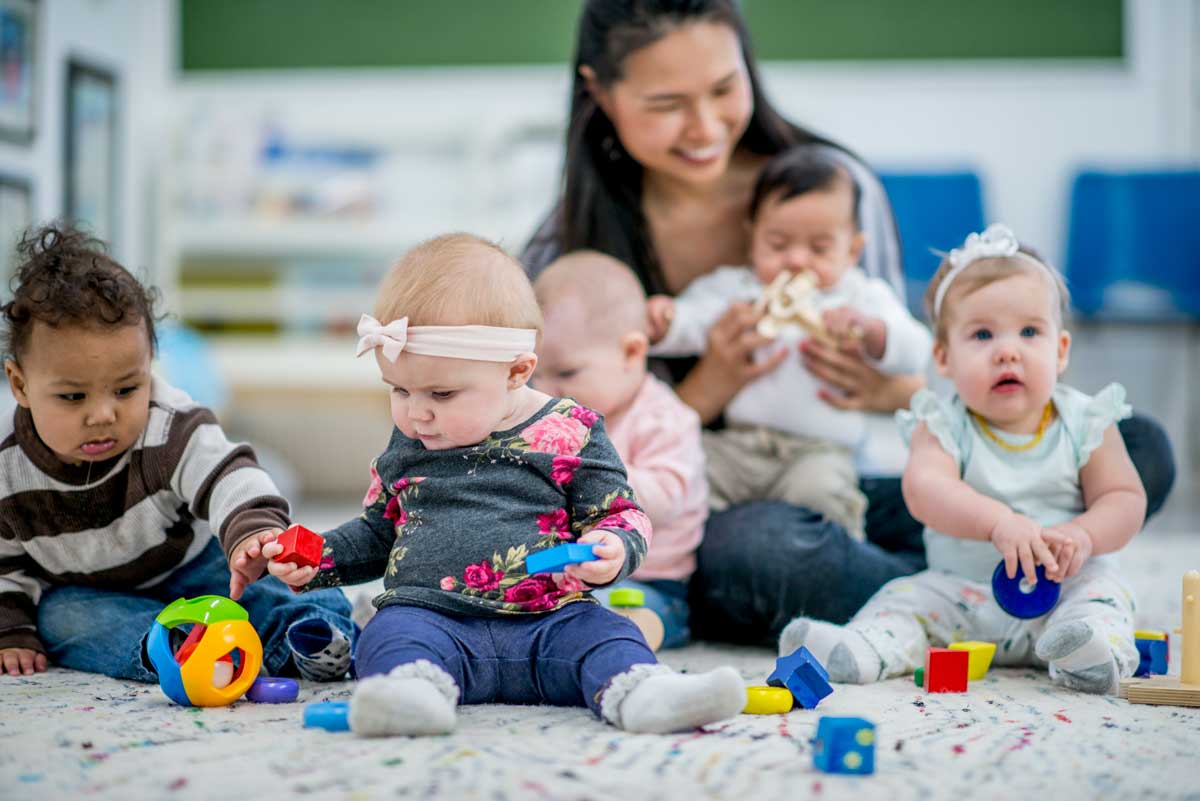 March 16, 2020
March 16, 2020
Our Work, Families, & Children Research Group assisted with a report on child care accessibility and affordability in Boston.
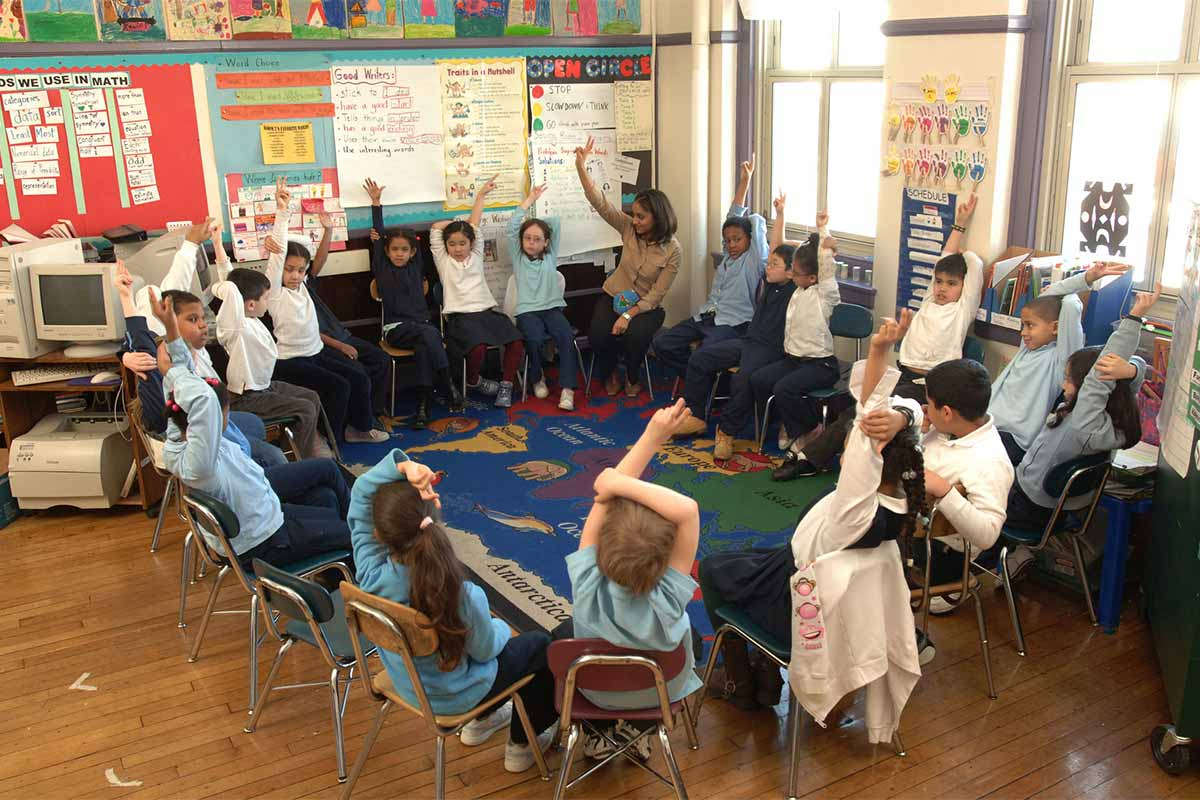
Scholars at WCW spoke at conferences and workshops on early child care and social and emotional learning, two crucial education areas.
Research & Action Annual Report 2017
While not always a pressing domestic priority for all Americans, early childhood care and education (ECCE) for young children has been in the forefront for many working families for decades. In order to work or go to school or training, parents need someone to watch their young children before they are old enough to go to school. Sixty-one percent of children under the age of five are in some type of regular ECCE arrangement, and ECEE serves dual purposes. It not only allows parents to be employed or be in school or training, it also helps prepare children for school and academic success—this is especially true for children from families with low incomes. Even quality afterschool care or out-of-school-time care for school-age children can be hard to obtain. Finding the kind of care mothers and fathers want for their children and then learning they can’t afford it has broken many parents’ hearts and budgets. What are they to do?
Advancing Early Childhood Care and Education Policy in the U.S.
While not always a pressing domestic priority for all Americans, early childhood care and education (ECCE) for young children has been in the forefront for many working families for decades. In order to work or go to school or training, parents need someone to watch their young children before they are old enough to go to school. Sixty-one percent of children under the age of five are in some type of regular ECCE arrangement, and ECEE serves dual purposes. It not only allows parents to be employed or be in school or training, it also helps prepare children for school and academic success—this is especially true for children from families with low incomes. Even quality afterschool care or out-of-school-time care for school-age children can be hard to obtain. Finding the kind of care mothers and fathers want for their children and then learning they can’t afford it has broken many parents’ hearts and budgets. What are they to do?
For the past two summers, Wellesley College students who are members of the StemKit team, a science education project under the mentorship of Wendy W. Robeson, Ed.D., WCW senior research scientist, have received grants from the College’s Career Education Center to teach science protocols and perform research abroad. Isabella Narvaez (Class of 2017) traveled to Ghana in the summer of 2017 to work with junior high schools in the Greater Accra Region, in partnership with The Exploratory, a non-governmental organization that empowers educators and inspires Ghanaian students to be curious, courageous, and community-minded, by making their experience of science, technology, engineering, and mathematics relevant, collaborative, and equitable.
Research & Action Report, Spring/Summer 2015
 The Wellesley Centers for Women (WCW) hosted Elizabeth Jaeger, Ph.D., Visiting Associate Professor of Psychology at the University of the Virgin Island (UVI) and Director of Quality Services with the Department of Human Services in the Office of child Care and Regulatory Services in the U.S. Virgin Islands (USVI) in February 2015. During her meeting with WCW scholars and staff, she discussed “The Ecological Context of Early Care and Education in the USVI.” Joanne Roberts, Ph.D. and Wendy Wagner Robeson, Ed.D, Senior Research Scientists, traveled to USVI the following month to do training with a research team from UVI on a much-used environmental measure in center-based programs on St. John and St. Thomas.
The Wellesley Centers for Women (WCW) hosted Elizabeth Jaeger, Ph.D., Visiting Associate Professor of Psychology at the University of the Virgin Island (UVI) and Director of Quality Services with the Department of Human Services in the Office of child Care and Regulatory Services in the U.S. Virgin Islands (USVI) in February 2015. During her meeting with WCW scholars and staff, she discussed “The Ecological Context of Early Care and Education in the USVI.” Joanne Roberts, Ph.D. and Wendy Wagner Robeson, Ed.D, Senior Research Scientists, traveled to USVI the following month to do training with a research team from UVI on a much-used environmental measure in center-based programs on St. John and St. Thomas.
A delegation from Ashoka University, India visited the Wellesley Centers for Women in May 2015. Madhavi Menon, Ph.D., professor of English at Ashoka; Banita Shastri, Ph.D., Dean of Undergraduate Programs at Ashoka; and Harshbeena Zaveri, Managing Director and President NRB Bearings, Limited, and one of the founders of Ashoka, discussed “Building a Center for Gender and Sexuality Studies in India from the Ground Up,” with colleagues from WCW and Wellesley College.
For Immediate Release: January 2, 2014
Research Connections, March 28, 2013
Staff
Research & Action Report, Spring/Summer 2012
Wellesley Centers for Women research and action initiatives are funded primarily by federal, state, and corporate grants and contracts. Several new and continuing projects received funding over the past six months.
Research & Action Report, Fall/Winter 2010
For many years, research done by the Work, Families, and Children Research Group at Wellesley Centers for Women (WCW) has provided policy makers, community leaders, and other scholars with data, commentary, and testimony concerning the effects on family members of many factors, including working conditions, poverty, the division of labor at home, and early care and education. Nancy Marshall, Ed.D., who joined WCW in 1985, now leads the group, which includes Wendy Wagner Robeson, Ed.D., and Joanne Roberts, Ph.D., senior research scientists at WCW.
by Nancy L. Marshall, Ed.D.
From the Fall/Winter 2003 Research & Action Report
Recent headlines have once again raised the question of whether child care is bad for children. After decades of research, advocacy, program development, and policy, what do we really know about child care? Before addressing this question, it is important to talk about the larger question: what do we really know about women’s (and men’s) lives? The question of child care can only be answered as part of a discussion about how women and men meet the two challenges of both raising the next generation and providing economically for themselves and their families.
Read more.
November 9, 2005
Op-Ed submission to the Boston Globe (unpublished)
by Nancy Marshall, Ed.D. and Steve Barnett, Ed.D.
March 30, 2005
The creation of the Department of Early Education and Care, developed to administer the Massachusetts’ early education care system, puts the state at a critical juncture in advancing its historic commitment to young children. On July 1st, the new department becomes active, and its Board and Commissioner will have the tough task of deciding how to proceed. Well-trained, qualified teachers and providers are necessary for programs to promote children’s school readiness. The recently released Massachusetts Capacity Study Research Brief: Characteristics of the Current Early Education and Care Workforce provides research-based evidence of the magnitude of the task of workforce development.
Boston Globe
February 6, 2006
April 3, 2005